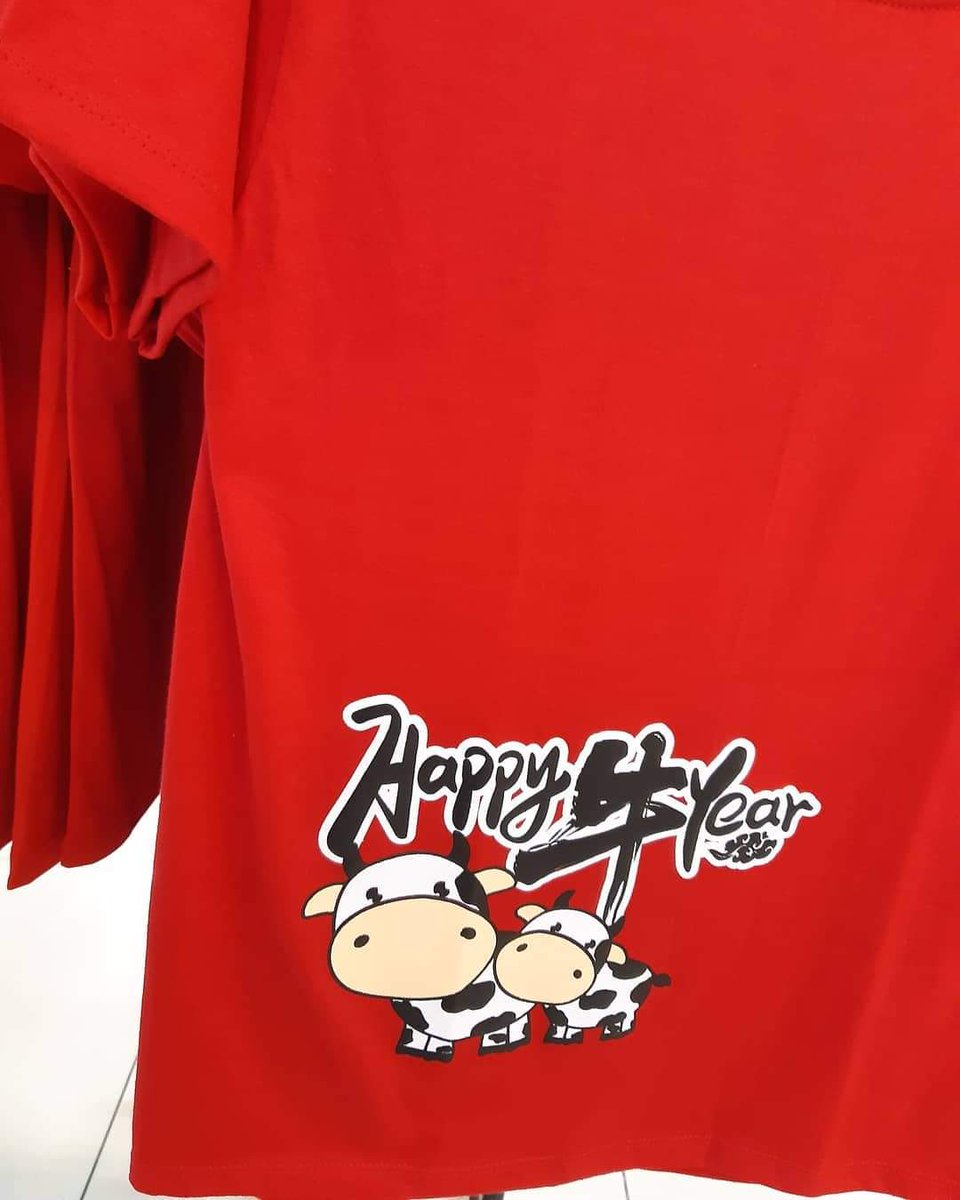
Malay theatre is closely tied to the concept of angin (literally meaning wind), referring to one's temperament or well-being. Dance-drama and puppetry affects the angin of the audience, but a master is also drawn to perform by their own angin
#SuperstitionSat
#SuperstitionSat

This definition of "wind" ties into the elements of Malay metaphysics. The body is said to be made up of five elements (pancabuta) namely fire, water, earth, wind and space. The fifth element (angkasa), translated as space or void, is intangible and often left out
Carol Laderman assumed that Malay elemental theory originated with Greco-Arab humourism adopted along with Islam, but the terminology, the association with chakra, and the inclusion of akasha evidences Indian influence, as in other parts of Southeast Asia 

Wind or angin thus denotes a person's "traits, talents, and desires representing our ancestors’ heritage". To lose one's temper is described as "naik angin". The passion for one's hobby is also angin
Some are born with stronger angin than others. If a person is unable to express it, they'll fall sick due to a blockage of the inner winds. These sort of people are said to commonly become martial artists or traditional performers 

It's also for this reason that such artists are supposed to practice their craft regularly to avoid falling sick. A puppeteer must perform. A dancer must dance. And in doing so, they improve the angin of those who watch 

Some are so sensitive to musical cues that they fear losing control. Mak yong performers may avoid listening to recordings of the music for more than a few moments so they don't go into a trance. Such a cue appears to have affected Sang Kancil as well
https://twitter.com/uglyluhan/status/1184372603462418432?s=19
• • •
Missing some Tweet in this thread? You can try to
force a refresh





